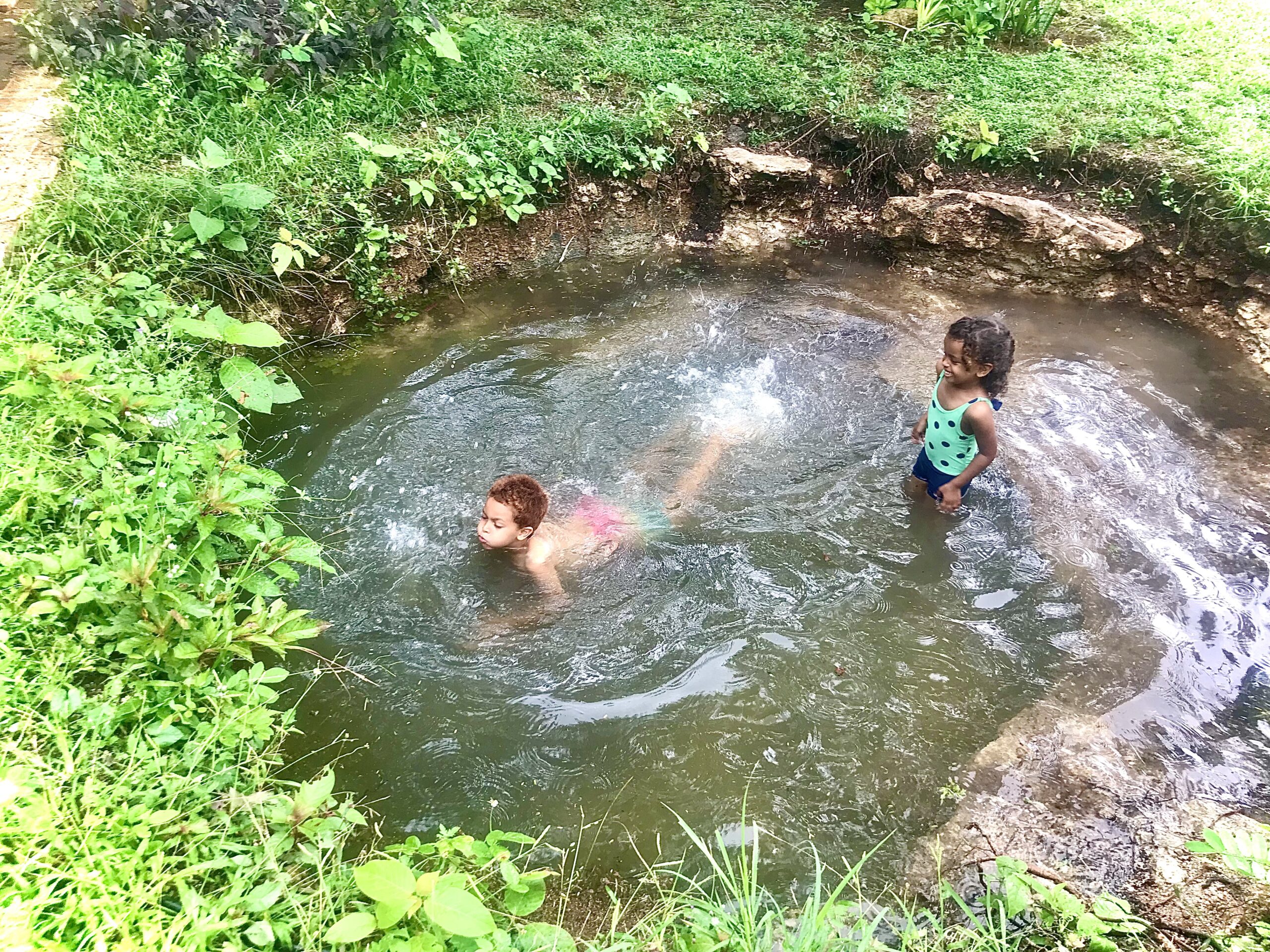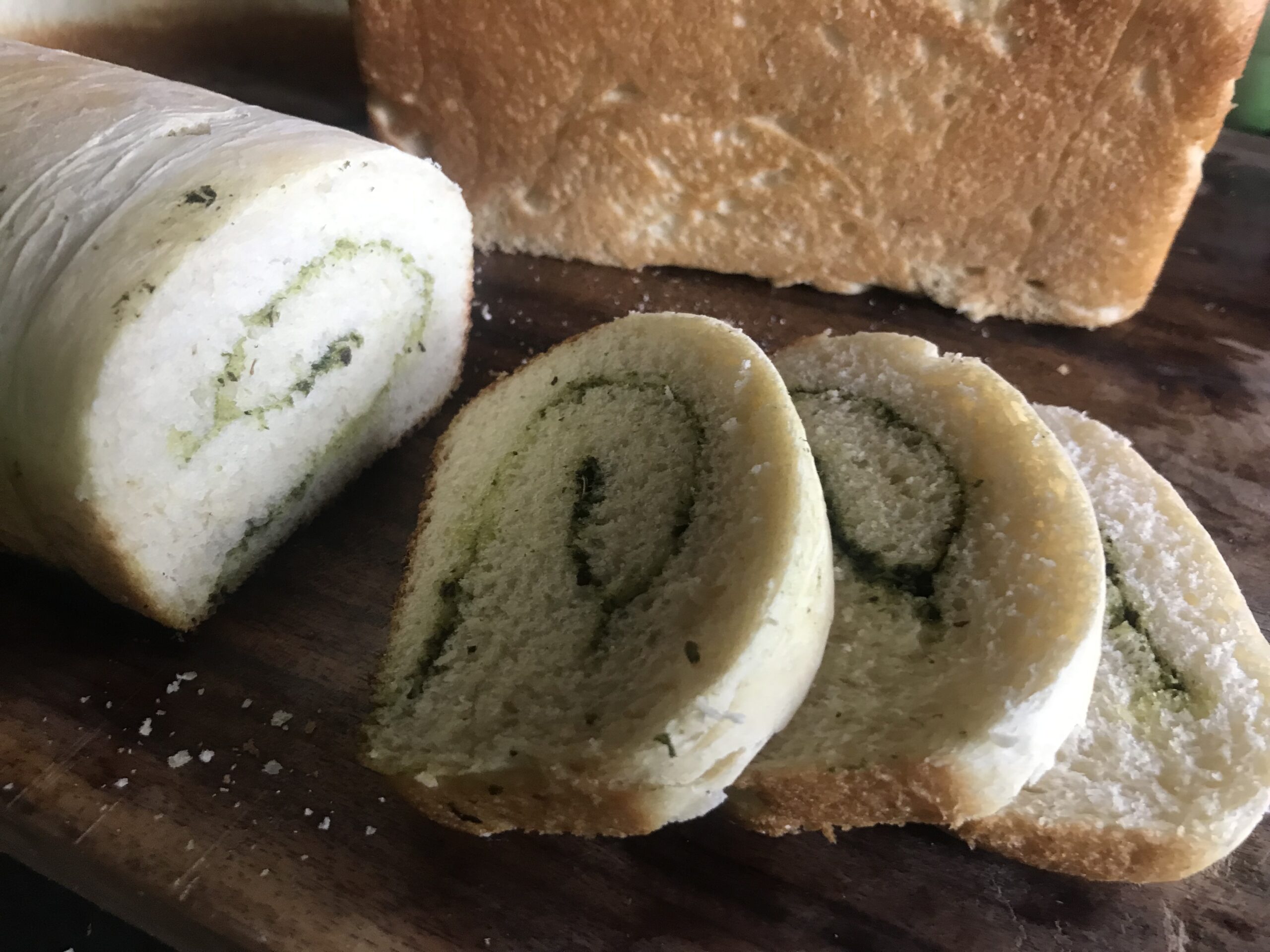As mentioned before growing your own food is one of the most important steps to living a healthier and self sustaining life. All our circumstances are different and not everyone knows where to begin. We began ours with getting on the list of our local allotment whilst living in a flat in London.
In the UK, allotments are small parcels of land that are rented out to an individual for the purpose of growing food crops. These are available to anyone to rent and maintain. Just because you live in a apartment building doesn’t mean that you need to stick strictly to growing indoors, or give up all together. One of the main benefits of an allotment is that it’s a great starting point in terms of size. Having a farm is no small feat for a new beginner. The reality is cultivating and maintaining the land takes a lot of time and energy, if you have the financial freedom to do so. Having an allotment enables you to start with putting all the theory of growing into practice in a manageable space. The yearly fee is generally a small fee, in comparison to what it yields.
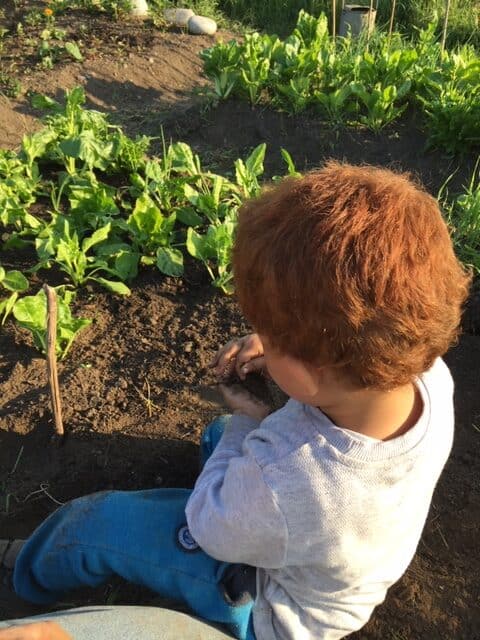
This is just one example of where to grow that worked for us, as a starting point. We also grew various herbs & aloe vera etc in our flat. Now we are growing everyday fruits and vegetables that we eat such as: tomatoes, onions, ginger, pumpkins, bok choy, melons, yam, beans etc. in belize. We are learning what works in this climate whilst incorporating what we have had already picked up. What you grow is mixture of what you like to eat, what grows in the climate you are in and what you would like to add to your diet. Self sufficiency is possible for everyone and anyone.
In urban dwellings you can use containers, trellises or hanging gardens for those that are limited on space and many more creative ways to make use of whatever space is available to you.
Growing your own food may seem like something that is unachievable or it has not crossed your mind because we take food for granted. We have supermarkets that have almost everything under the sun and most of it doesnt seem to cost much. So why the hassle that comes with the initial start to growing your own? As we have all learnt over the years a lot of food is brimming with pesticides and all sorts of harmful chemicals. Is our health and our childrens health worth the few pennies we supposedly save? The other route then would naturally be to buy organic. Unfortunately organic food is expensive and majority of people cannot afford to buy organic food regularly to feed a whole family. Organic food always costs more than conventional foods, anything from 40%-120% in the case of vegetables such as carrots and broccoli.Growing your own organic produce means that you save money. Which means that you are able to allocate your finances to other areas in your life.The key point here is to do your due diligence, make a plan & prepare to put in the work.
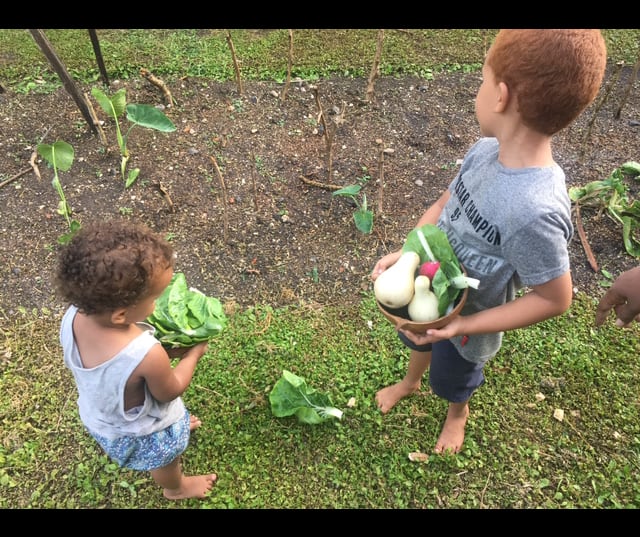
What may seem like a lot of work right now will be your saving grace in the long run. Investing in the food you eat and growing it yourself is the best investment you can make. You will be healthier, a analysis of over 300 studies published in 2014 by the British journal of nutrition (www.britishjournalofnutrition.co.uk) researchers found that organic crops have a substantially higher concentration of antioxidants and other health benefits. You know everything that came in contact with the food you put on your table. As a parent my ultimate goal is to protect my children to the best of my ability, children are way more susceptible to pesticides and other chemicals put on food than adults. According to the National Academy of Science about 50% of lifetime exposure occurs in the first 5 years of life. You are more likely to avoid cases such as E. coli outbreaks linked to spinach in 2006 and lettuce more recently when you grow your own.
Having your children grow around food and cultivating the food that ends up on their table is one of the most valuable lessons you can provide as a parent. This is the ultimate skill in providing them with essential life skill, growing food and being capable of providing for themselves. We introduced food growing and maintaining a garden to our son from the age of two, at 5 he has his own corner of the garden. He collects seeds and is always eager to plant and identify different plants. Our younger one is just over one and as a result of where we are and what we are doing shes already become accustomed to the garden. One of the first things she did when she started walking was to pick tomatoes and eating them. This is just the beginning but as the saying goes “start as you mean to go on”. This is not by all means the only way to go, every family is unique in their growth and development. As a family wer always striving to grow and want to share the lessons we have picked up along the way and hopefully serve as a guide to others.
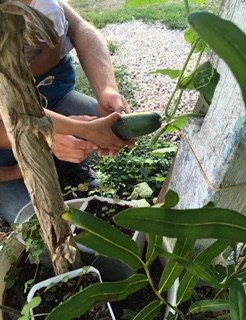
On a more personal level gardening in great for your mental health. Although indiginous people had known this from the beginning of time, science now confirms the immense benefits of gardening and its therapeutic effects.
For a more in depth information on growing your own please feel free to drop us a line, wer more than happy to share resources on what will suit your circumstances best.
A few books on starting to grow your own:
- RHS Grow your own veg and fruit year planner
- Allotment Month By Month- Alan Buckingham
- Grow vegetables: Gardens, allotments, patios and balconies- Alan Buckingham
- The grow your own food handbook- Monte Burch
with love,
From me and mine to you and yours.
